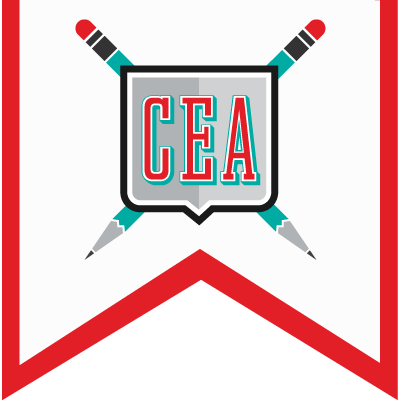College Essays About Money Highlighted in The New York Times
 “Financial hardship and triumph, and wants and needs, are the stuff of great literature,” writes Ron Lieber in a recent New York Times article, and we agree. These Dickensian topics are the stuff of the American dream. They are also incredibly difficult to talk about, especially when you’re in high school. To do these topics justice on the written page, they key ingredient is often not tact, but honesty. Some of the greatest American authors from Langston Hughes to John Steinbeck tackled these issues in their writing with sincerity and a focus on capturing genuine American voices.
“Financial hardship and triumph, and wants and needs, are the stuff of great literature,” writes Ron Lieber in a recent New York Times article, and we agree. These Dickensian topics are the stuff of the American dream. They are also incredibly difficult to talk about, especially when you’re in high school. To do these topics justice on the written page, they key ingredient is often not tact, but honesty. Some of the greatest American authors from Langston Hughes to John Steinbeck tackled these issues in their writing with sincerity and a focus on capturing genuine American voices.
Similarly, when you write your college essay, writing your authentic personal story in your own voice makes all the difference. Even though money and status can seem intimidating or even off-limits as topics, they are also worth exploring if they have truly shaped your life experience. A thoughtful exploration of a complex topic makes for a much more interesting read than a topic that plays it safe.
In what has become a yearly tradition, the New York Times recently selected seven stellar examples of college essays about money and work that tackle these complex subjects with honesty and perspective. We’ve selected two of our favorite excerpts to point out the importance of writing in your own unique voice.
1. Rob Henderson’s story speaks for itself and thus his simple telling is hugely effective, showcasing his experiences in all their complexity. The drama of his experience trying understand his mother’s divorce situation unfolds naturally and requires no embellishment. Let’s take a look:
She was a coworker of my mother’s named Shelly. She related that when adults are hurt, they can behave irresponsibly. I was grateful for her honesty and we became close. My mother soon entered a relationship with her. As a young boy, I was puzzled that my mother could now be in a relationship with Shelly. My mother explained that in our society young gay people are often socialized into believing they’re heterosexual and then, as adults, embrace their attraction to the same sex. This blew my 9-year-old mind and intensified my interest in the complexities of human behavior. My mother and her partner Shelly raised me into adolescence.
Shelly was shot when I was 14. I was terrified that she wouldn’t survive; I felt great affection for her. I was rejected by other parental figures, yet Shelly chose to help care for me. She survived after extensive surgery and received an insurance settlement which she and my mother used to buy a home. One year later, our home was foreclosed. I’d developed enough resilience to overcome the ordeal and I decided to take initiative.
You couldn’t possibly pack more feeling into this essay. Sometimes a good story just needs to be told and adding extra bells and whistles can lead to overwriting that distracts the reader. Writing in your own natural voice demonstrates both authenticity and self control.
2. Adriane Tharpe begins her essay about working at Domino’s with a description of her fluid identity: “Whenever I donned my black visor and navy blue polo, customers didn’t see an art school feminist who loved banned books, French films and protest songs. I was a face, a face who took orders and tossed pizzas.” From there, her essay continues in its earnest yet quirky exploration of the ways in which pizza can unite people and reveals her to be a keen observer of the world around her.
Domino’s was like an Island of Misfit Toys floating in the middle of Alabama. My coworkers all joked about each other for what made us different: Richard was a walking Star Wars database, Mike was O.C.D. when it came to stacking pizza boxes, I was a vegetarian who often had to package the meat. Kristen, now 40, had worked at pizzerias since she was 14 and was currently filing applications to enroll in college. Terry preached to a small congregation when he wasn’t delivering.
Ever since I moved here, I’ve felt like an outsider in my community. I live for the arts while my town prioritizes football and fishing. The general population is Caucasian, Christian, Republican, anti-gay, and pro-guns — or so I thought. At Domino’s, three of my coworkers fasted for Ramadan, one of the drivers read novels while waiting for deliveries and both of my bosses were women. The people who came in were far from homogenous, as diverse as the pizzas they ordered: Caucasian, Asian, African-American, and Mexican lawyers, firemen, construction workers, stay-at-home mothers, house painters. Many were married, some were divorced and some were single. Many had kids. Many were still kids. I couldn’t help but admire them.
Adriane’s most effective strategy is pointing out a host of details, which reveal not only a keen eye but a genuine compassion for those around her. This ultimately builds to a much larger observation about community and identity.
These are but two small excerpts from a series of stellar highlighted essays. As you can imagine, all are worth a full read.
Read the rest via The New York Times.










